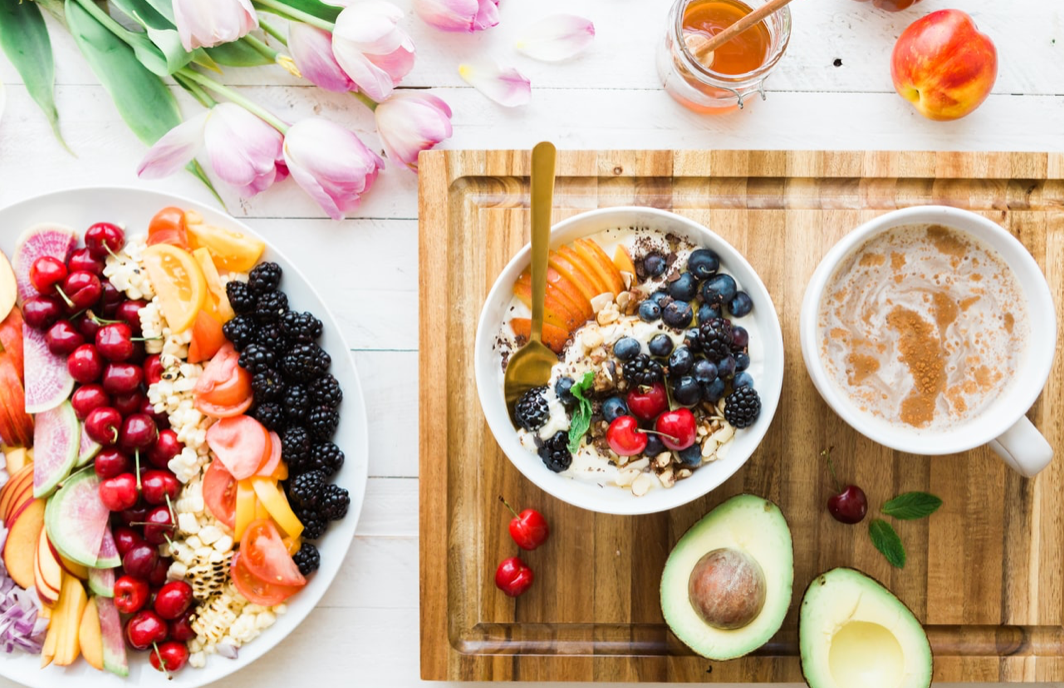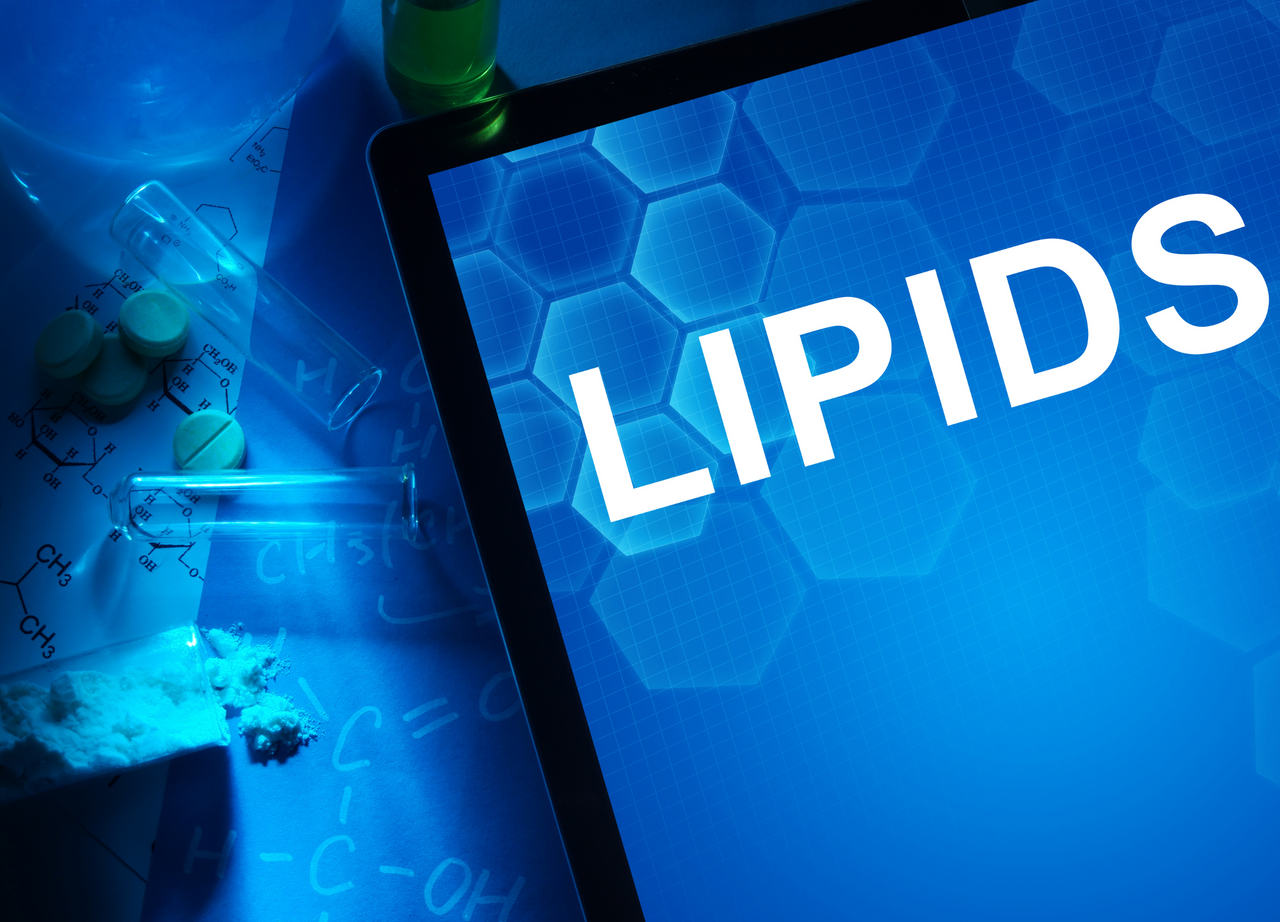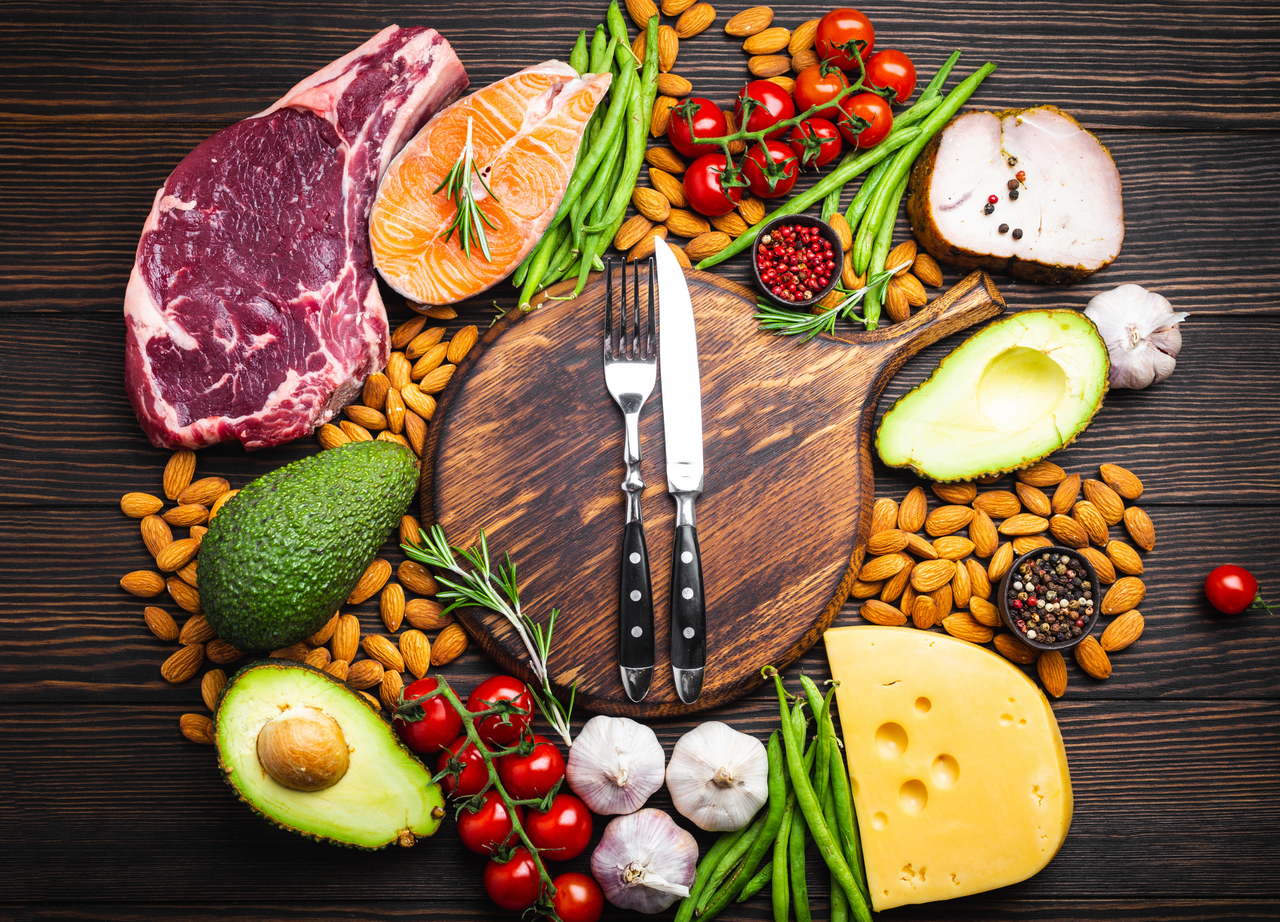Looking for advice on how to improve your health and wellness with food? We partnered with Holistic Health Coach, Nutrition Therapy Master and Gut Health Coach, Lauren Kelly, to help break it down.
Lauren’s journey into holistic nutrition began at 29 years old, after she was unexpectedly diagnosed with a malignant melanoma. An LA actress and entertainment reporter at the time, the diagnosis forced Lauren to take a hard look at how she was living and question what her true purpose really was. It was this life event that guided Lauren to holistic nutrition and pushed her to return to school, enrolling in a 3-year science-based program at the Nutrition Therapy Institute. In December, Lauren will be a certified Nutrition Therapy Master. She is currently launching her own gut health and virtual grocery shopping services and plans to continue her education and specialize in providing holistic care for cancer patients in 2022. You can follow her for daily health and wellness tips on Instagram or TikTok at @HolisitcLaurenKelly and learn more about her coaching services at www.thecleanbodyproject.com.
1. How does food affect how you look and feel?
Food is information. Humans are estimated to have between 20,000-25,000 genes, and each of those genes can be turned on or off similar to a light switch. This is called epigenetics, and is influenced by what we put in, on, and around our bodies.
So, in other words, how we live – what we eat, the stress we experience, the quality of exercise we do, and the toxins we’re exposed to – have the ability to impact everything, from physical appearance, emotional health, cognitive function and behavioral habits. So, when it comes to how you look and feel, food is of the utmost importance.
Let’s take whole eggs, for example. Eggs (organic and free range) contain vitamin A and D. When you eat an omelette, the eggs pass through your mouth and esophagus and enter your stomach where they’re covered in digestive juices and pulverized by your stomach muscles. This now digested food, which is part liquid and part solid and referred to as chyme, then enters the small intestines where the vitamin A and vitamin D are absorbed into the bloodstream and transported throughout the body.
According to scientific studies, both vitamin A and D influence how DNA is produced. What does this have to do with aging? Damaged DNA directly influences the speed and severity of aging, meaning if you’re not fueling your body with the nutrients it needs, your DNA may be compromised, and may contribute to the development of aging signs such as wrinkles and gray hair.
2. How does food affect your mood?
Ask my husband. If I don’t eat, I get hangry. But, in all seriousness, here’s just one mechanism in which the food you eat impacts your mood.
Happy hormones, specifically dopamine and serotonin, are predominantly produced by the gut. Therefore, gut health is essential to cultivating a positive mood. If you eat foods that damage the gut lining (often called leaky gut) like refined carbohydrates, refined sugar, rancid vegetable oils, and conventional meat and dairy products (which can contain antibiotics and synthetic hormones), the production of serotonin and dopamine can become impaired and fail to transmit the correct signals to your brain. This can manifest and show up as feelings of depression, anxiety, brain fog, fatigue, insomnia and more.
3. Which foods help to promote a happy, positive mood?
Tryptophan is an amino acid that is converted into serotonin (happy hormone!) in your brain. Foods that contain tryptophan (and are also gut-friendly) include wild caught tuna, organic turkey (I suggest Diestel Family Ranch or True Story), organic rolled and sprouted oats, raw peanuts, cacao (I love Theo and Evolved Chocolate), and bananas.


Images courtesy of: @thecleanbodyproject
4. Which foods help to reduce anxiety and/or stress?
I love ashwagandha! It’s a medicinal herb that supports the nervous system and helps you adapt to stressful situations. The magical thing about adaptogens is that their effects are unique to each user. For me, it makes me calmer and more balanced, even when difficult situations arise. For others, it can boost energy in times of fatigue. Most people take it as a capsule or in powdered form by mixing it in coffee, smoothies, bone broth, or other drinks. It’s massively beneficial for everyone!
Aside from that, any foods with anti-inflammatory properties can help alleviate feelings of anxiety. Those include Brazil nuts, raw pumpkin seeds (try the Go Raw sprouted variety for easier digestion!), turmeric, chamomile tea, fatty fish (think wild caught salmon or sardines), and yogurt. Just be careful what kind of yogurt you choose – many are made with conventional dairy milk and added sugars, and even dairy alternatives can be packed with preservatives, fillers, thickeners, emulsifiers, and hidden sugars that can cause stomach upset and inflammation. Brands I often recommend to clients include LAVVA and Forager.
5. How does a balanced diet promote a balanced mood?
Life is all about balance. I know this question was intended to talk about eating the rainbow – and you should to ensure you get enough dietary nutrients – but allowing yourself to enjoy less nourishing foods that you love from time to time is important, too.
When you become too obsessed about what you eat or attach feelings of shame, guilt, or fear to certain foods, you can still create stress in your life, increase cortisol levels in your body, activate an inflammatory response, and end up feeling like shit.
So, my advice to live a happy and healthy life is to eat mindfully and with intention. If you want that slice of pizza and you’re not allergic to gluten or cheese, eat the darn slice of pizza. Just pay attention to how foods make you feel (that’s the first step towards intuitive eating!), and support it in a more nutritional and nourishing way the next day.
6. Why is it important to maintain optimal gut health?
Gut health impacts everything and poor gut health is often the root cause of disease. Gut permeability or leaky gut can contribute to mood disorders, allergies, behavioral disorders, skin conditions, autoimmunity (including Lupus and Multiple Sclerosis), joint and muscle pain, type 2 diabetes, digestive disorders (include SIBO, IBS, IBD, and Gerd), cancer, cardiovascular health, immunity, obesity, and so much more. When you’re experiencing dis-ease, it’s always important to consider damage you may be causing to your gut. That’s why I’ve built a coaching business solely dedicated to educating and helping people improve their gut health!
7. How does food impact gut function?
As mentioned before, food is information for how your genes should behave. So, if you eat pro-inflammatory food, your bodily organs and their associated functions, including your gut, will be affected.
Take for example, bread. Most conventional breads found on grocery store shelves are made from genetically-modified wheat crops called semi-dwarf wheat. Semi-dwarf wheat contains more gluten than the variety that was grown and consumed by our ancestors. When gluten is eaten – especially in excess – it increases the production of a protein called Zonulin in our bodies. Zonulin causes the tight junctions that form the gut lining to loosen, allowing bacteria, fungi, viruses, and digested food particles to be absorbed into the bloodstream. Our immune system reacts by attacking these foreign invaders, and can manifest in a number of unfavorable ways.
8. Which foods improve gut health?
Of course, bone broth! The list of its benefits on gut and overall health are long, and provided in abundance on Beauty & the Broth’s website.
Others that that benefit gut health include fermented foods (yogurt, kimchi, sauerkraut, kefir, tempeh), fiber-rich foods (flaxseed, hemp seed, chickpeas, green peas, broccoli, lentils, apples), and prebiotic and probiotic foods (onions, garlic, ginger, sourdough).
9. What other factors can improve health and wellness?
Your mindset, your movement, and your recovery are all pillars of health (check out the company EXOS for more on that – it’s where I work my full-time job!).
Poor sleep hygiene and stress management are two components that, even if you’re eating the best diet in the world, will deteriorate your overall health.
Cultivate a healthy sleeping routine: Limit blue screens a couple hours before bed, sleep in a cold and dark room, try to be in bed by 10pm (to optimize your sleep circadian rhythm), and remove all sleep distractions from your bedroom (that includes TVs!).
Also, find ways to manage stress, be it through exercise, meditating, journaling, nature bathing, praying, reading, listening to music, or connecting with loved ones. The goal should simply be to make more time for joy in your life.
10. What is your top health tip(s)?
First, be patient with yourself. The path to achieving your version of health and wellbeing is not linear. It’s full of ups and downs and successes and disappointments. Go with it. Each moment, each meal, each day, and each experience is an opportunity to learn. Grant yourself grace, forgiveness, acceptance and peace. You’re a living, breathing, work-in-progress, and that’s exactly what you’re meant to be.
And second, don’t normalize feeling like shit. Inflammation isn’t normal. Gas isn’t normal. Bloating after every meal isn’t normal. Painful and uncomfortable aging isn’t normal. Chronic conditions and disease don’t have to be normal. No matter your age or circumstance, it can be better. Work on your gut health and cultivate positive lifestyle habits, and health will follow. And when you need help, I’m here.

To learn more about Lauren, be sure to visit her coaching services online, check her out on Instagram, or tune in to her podcast for all your nutrition and holistic health care needs!





